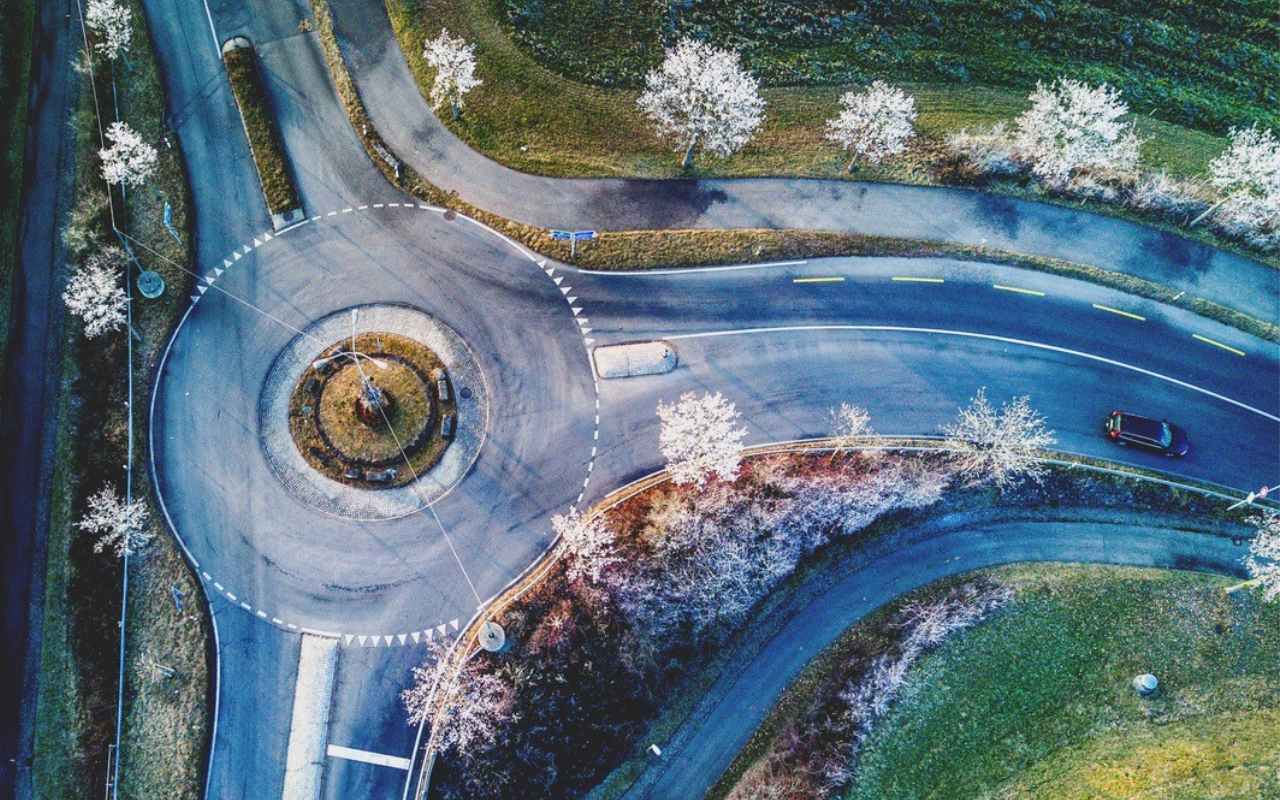
Photo: Raphael Schaller
Questioning assumptions underlying governance
Boards in the cultural sector often focus on improving the delivery of a conventional model, but as Anisa Morridadi argues, both trustees and organisations need to change.
I have been interested in governance for some time. I suppose it comes from seeing it as a function that has been protected from innovation, and as a mechanism that reveals inherent power relationships.
While I think the focus on delivering a conventional model is very important, trustees need to understand their role more clearly, and organisations need to manage their governance more effectively.
I applaud that work. It’s designed to increase effectiveness and accountability and to reduce risk. These are things that every organisation (and sector) should be concerned about, and we definitely need to invest in training, development and support which provides improvement in these areas.
Exploring governance through a transformational lens
What this focus doesn’t try to address so much are the underlying assumptions that sit within our governance systems. Who should be doing the overseeing? And what does effective oversight look like in 21st century Britain? These questions are less about improving the way current governance is delivered by current trustees, and more about exploring governance through a transformational lens.
If we think first about how governance is done today, we see that it’s often shaped by convention and habitual practice rather than reflecting a ‘needs based’ analysis of what the organisation requires from trustees in order to be well run, mission focused, safe and solvent.
We are interested in shaking up these norms and practices to explore and develop new ways of working within a compliant governance model, that truly reflect the needs of organisations, and generate ways of gaining more value from – and delivering more value to – trustees of the future.
Social missions and civic responsibilities
Secondly, I want to think about the meaning of governance in the context of social missions and civic responsibilities. Many of the organisations we know in the cultural sector have missions and practices that are about enabling communities and individuals to grow, expand horizons, explore transformational opportunities and grow agency, confidence and impact.
The internal practices of these organisations might be empowering, facilitating and co-creating. And the models they operate with are often iterative, risk laden and orientated towards potential and undefined outcomes.
In contrast, many conventional governance models can feel jarring – adopting a ‘top-down’ planning and oversight model with long lead times, fixed plans and unresponsive approaches. I think we need to explore this dynamic and ask what kinds of governance would feel more aligned with the mission and working practices of the organisation?
The need to move on from monocultural boards
Thirdly, I am (like many of us) interested in who is doing this governance work. If the oversight feels misaligned in its form, it is even more misaligned when we think about who tends to be occupying these roles. Because of a traditional ‘skills audit’ habit that privileges the professions, boards rarely reflect the audiences and communities that the charity seeks to serve and work with.
However well-intentioned this group of trustees are, nothing beats representation, and most trustee bodies are simply monocultural. When the dominant voices on our boards also reflect the dominant voices in society then we should be rightly concerned that our charities have blind spots and unconscious biases that are a drag anchor affecting their ability to deliver their mission.
We need to see new and different people populating our boards, with a different relationship to each other and the organisation and with new practices that generate sharp and powerful impact and help our cultural charities to deliver their missions.
Direct support for new trustees
The Transforming Governance programme is a collaboration between Beatfreeks and people make it work which aims to address these issues. Together, we are developing a programme designed to give practical support to individual trustees who want to create change in their boards; and to offer structured support for organisations wanting to explore these questions.
In addition, it will provide direct support for new trustees, introducing them to what it means to be a board member, brokering some board options and supporting them during their first 12 months in post.
Do let us know if you are interested in the support I’m describing, or if you would like to partner with us or help fund this important initiative.
Anisa Morridadi is Founder and CEO at Beatfreeks, and an associate at people make it work, leading its Transforming Governance programme.
![]() anisamorridadi.com
anisamorridadi.com
![]() @AnisaMorridadi
@AnisaMorridadi
This article, sponsored and contributed by people make it work, is part of a series sharing insights and learning to support the cultural sector change and develop to meet the challenges it faces.
people make is work is a group of 60 freelance cultural leaders who work together with a shared mission. Together, they support the cultural sector to change and develop. They do that with transformational programmes for organisations, leaders and creative individuals, direct strategic consultancy for organisations and cities and by offering free tools, guidance, advice and resources that everyone can access. They do all this to realise a fairer, more representative, resilient and relevant cultural sector.
Join the Discussion
You must be logged in to post a comment.